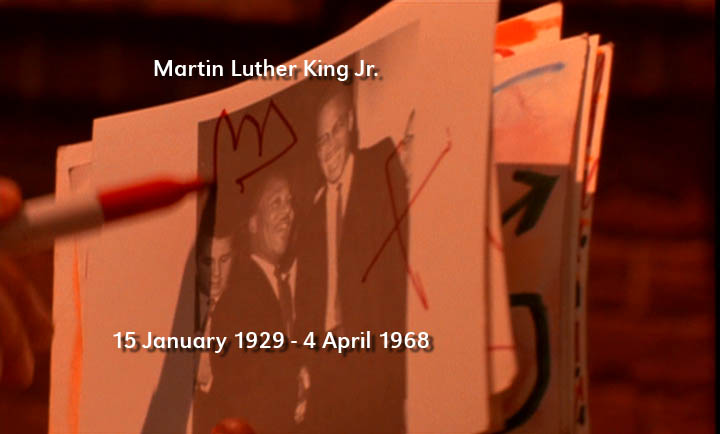I’ve been doing a lot of thinking about the profession I’ve found myself in, this whole literary critical/cultural studies schtick I’ve signed up for. It’s hard to believe that I knew I wanted to be a professor when I was at undergraduate at USC in 1989. Back then, I thought I’d be writing fiction as opposed to teaching it.
Recently, spurred by an article I read in Profession 2004, I’ve been doing a bit of reading and writing regarding institutional affiliation . My present institution is Ohio University . Ohio University’s English department , like many English departments across the country, is staffed by faculty whose degrees come from prestigious and notable institutions, Northwestern , Duke , Indiana U , U Michigan , Stony Brook , UVa , Berkeley . However, the reputation of our university to some extent underperforms the rankings of the institutions from which we have earned our degrees. More to the point, when our graduate students go on the job market they are not as advantaged in terms of affiliation as we were when we entered the job market.
Some of what affects OU graduate students is what Paul McEwan (presently a Ph.D. candidate at Northwestern) identifies as a failure to encourage students from middling institutions to apply to elite universities. Without conducting the unquestionably necessary critique of academic affiliation, I am coming to believe that some of the faculty at OU are guilty of not encouraging our best students to apply to schools whose rankings are higher than OU’s. If this is true, we are some of us failing to fulfill our roles as educators, especially since we are not doing all that we can to ensure that those nearest to us maximize their potential to get academic jobs.
Among some of my faculty friends, I argued that if we as a faculty could not improve our graduate program by increasing obligation-free funding, lightening teaching assignments, and multiplying the number of year-on-year job placements (and especially this last), then we should get out of the business of graduate education altogether. One of my colleagues chided me for my naiveté, which I suppose is deserved. We’ll see how that faculty feels once I’ve achieved tenure. If I can’t improve our graduate program then I’m going after it with a hatchet. But my sense is that there is much that can be done to improve the chances of our students on the wide open market, even if in the short term that means encouraging our best students to seek to train elsewhere.
My rationale regarding this short-term solution is that by injecting OU alum into prestigious and elite universities, some of them will make their way into prestigious institutions as faculty and be in positions to assist OU students who themselves are looking either for educations or jobs. In this sense, then, the quick solution of sending OU students to better institutions is actually a long-term solution. Simple-minded, yes, and dependent upon long institutional memory, but given that we are not yet able to attract applicants from elite universities it is something in our present power to do.
Since having started to teach my first graduate course, I’m also aware of how very gifted my students are and what a privilege and honor it is to teach them. I am nearly overwhelmed by their thoughtfulness, their intelligence, and their engagement. It makes me worried when I think about the professor who chided me because I can’t help but think that foremost in that faculty’s mind (and among some portion of the faculty as a whole) that the question McEwan poses at the end of his penultimate paragraph is one we OU faculty need to consider:
What better way for midlevel schools to improve their status than by adding [or maintaining] graduate programs and students, even if those students will have little chance of finding jobs or, at best, will make matters more difficult for the students already out there?
Our department does have its few success stories. I believe those stories can be multiplied.
McEwen, Paul. “The Badge of Power.” Affiliations: Identity in Academic Culture. Lincoln, NE: U Nebraska P, 2003: 44-53.


